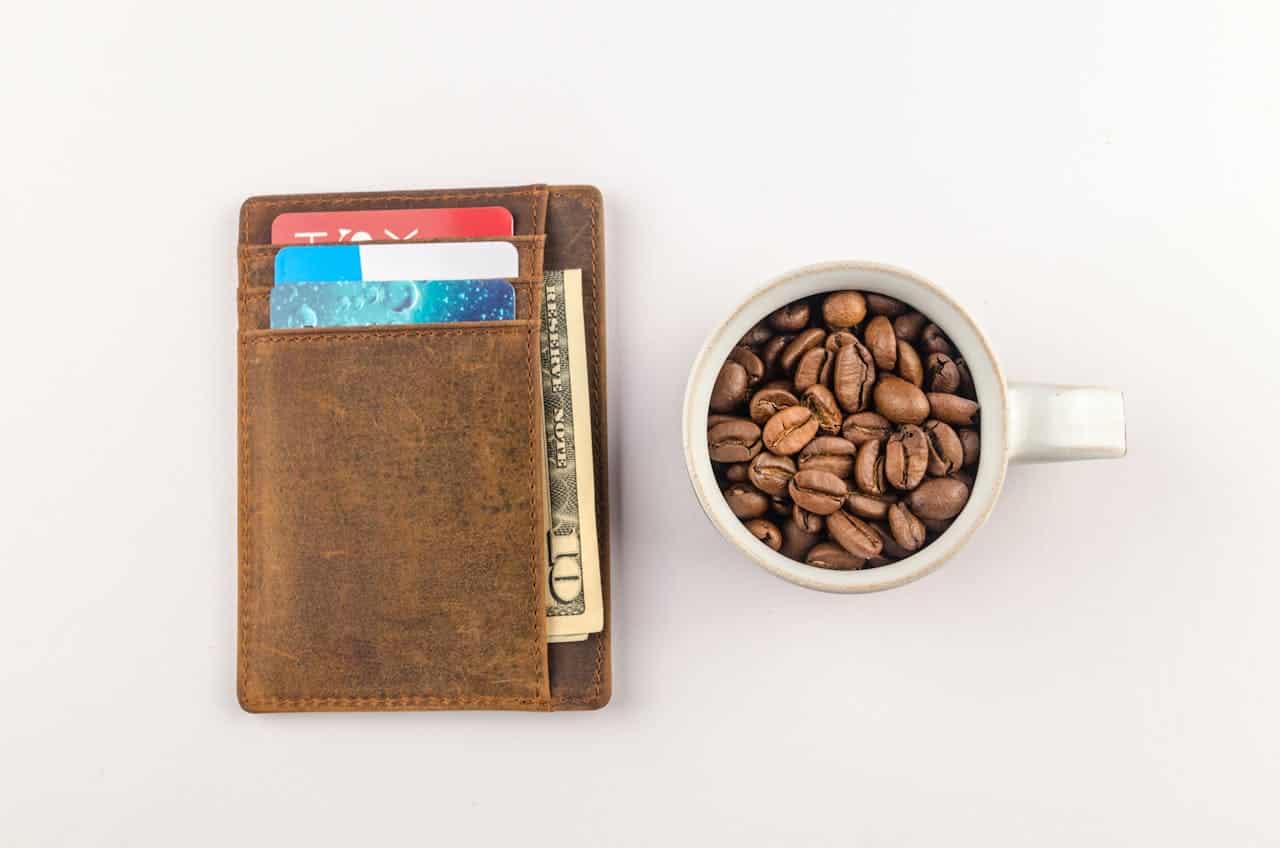Being underage can severely limit your financial opportunities. Most lenders prevent anyone under 18 from applying for fast loan money. However, you may encounter a situation that requires a significant amount of money. So how can you get a loan at 17 with no credit? Keep reading to learn about your financial options and how you can start building credit.
How To Get an Established Credit History?
Loans are an essential financial tool that helps people afford enormous investments, such as cars and homes. Although lenders set the minimum age to get a loan at eighteen, you can start building credit at any age!
An established credit history opens up more financing options for you. Financial institutions are typically more willing to provide better loan terms to consumers with a solid credit history. To build a credit history, you can become an authorized user or use a cosigner.
Become an Authorized User
An authorized user is someone that has permission to use another person’s credit card. For example, you can be an authorized user of your parent’s credit card. Authorized users can make purchases but are not responsible for billing. Anyone can be an authorized user as long as they meet the lender’s requirements.
The financial activity of the primary cardholder will affect the authorized user. If your parent can manage a credit card wisely, that positive activity appears on your credit report. Credit card issuers report financial activity to the major credit bureaus, which can help you grow your thin credit file. However, your credit history will also be negatively affected if the primary cardholder makes late payments.
Use a Cosigner
You may be able to get a loan when you are under 18 if you use a cosigner. Many lenders approve of adding a cosigner to a bad credit loan application because the lending risk is lower. A cosigner with an established credit history can help applicants with limited credit history get approved for unsecured loans.
Being a cosigner is a considerable responsibility, though. If the primary borrower falls behind on payments, the cosigner is responsible for those missed payments. If you mismanage a loan, the cosigner will end up with poor credit. Ensure your family member or friend is fully aware of the financial responsibility of being a cosigner before signing the loan application.
What Loans Can I Get if I’m Underage?
In the United States, a person cannot legally sign a loan contract if they are under the age of eighteen. However, there are a few ways to get approved for a loan when underage. You can apply for student loans, get a secured credit card, or apply for a loan with a cosigner.
Federal Student Loans
You can apply for federal student loans even if you are under the age of eighteen. The defense of infancy, which states that a minor cannot enter into a binding contract, does not apply to federal student loans. Students can sign a promissory note even though they are minors due to an amendment of the Higher Education Act in 1992.
You can sign up for a student loan without a cosigner or credit history. However, the amount of money you can obtain through federal student loans depends on several factors. The financial aid office will consider your family contribution, year in school, enrollment status, and the cost of attendance.
Private Student Loans
You can apply for private student loans as a minor due to the Higher Education Act. However, due to short credit history, you will need to apply with a cosigner. A private student loan is helpful because students could get more money, but the interest rates are generally higher.
Using a cosigner lowers the lending risk for creditors and can help you secure better loan terms. If your cosigner has excellent credit, you may get a higher loan amount and lower interest rates. Private student loans can be risky since they often come attached with high rates. Some students end up with unaffordable private student loans they can’t pay. But don’t worry! You can apply to refinance student loans with a bad credit loan if you find yourself struggling to pay monthly payments.
Secured Credit Cards
A secured credit card is similar to a credit card, except that borrowers must provide a security deposit. The amount used to get a secured credit card equals the credit line. Secured credit cards can help consumers safely build credit scores because creditors report financial activity to the credit bureaus. If you do not meet the minimum age to get a credit line, you can still be an authorized user on a secured credit card. You can make transactions and build a credit score as an authorized user.
Personal Loans
You may be able to apply for personal loans as a minor in certain states if you have an adult cosigner. Personal loans provide lump-sum payments that borrowers pay back through monthly installments. Consumers can apply for unsecured or secured loans through banks, credit unions, or creditors.
Consumers can use a personal loan for various expenses, and the repayment terms are flexible. Depending on your financial need and eligibility, loan amounts can vary. To get loans with monthly installments, you or your cosigner must have an established credit score and a reliable source of income.
How To Build a Good Credit Score?
Underage loan applicants typically have difficulty obtaining emergency cash unless they are prospective students or authorized users on an account. While it’s frustrating to be without money, age requirements are necessary to prevent young consumers from falling into debt.
Suppose you manage to obtain a loan or credit card before you officially turn 18. In that case, it’s essential to manage your debt wisely. Your credit report is a snapshot of your financial potential. Low credit scores can negatively affect your life in various ways. Bad credit can result in subpar repayment terms and fewer loan options. However, you can quickly grow your credit score by being a responsible borrower.
Avoid Late Payments
The best way to build excellent credit is to pay all your bills on time. Late payments can negatively affect your credit score by 35%! If you take out a bank loan once you are 18, inquire about automatic payments. Automatic payments are deducted from your bank account every month, so you never miss a payment. Utility and phone bills can also affect your credit, so ensure you pay bills before the due date.
Keep Debt Low
Too much debt can end up hurting your credit score. If a creditor approves you for a credit card, avoid using more than 30% of your credit line. Maxing out your credit card can hurt your credit score and prevent you from getting loan approval in the future. In addition, too much debt can end up costing a lot of money in interest fees.
Avoid Too Many Inquiries
Once you are 18, you may start applying for loans and credit cards. However, too many loan applications will look bad on your credit report. Lenders consider excessive inquiries to be a sign of financial instability. More than a few inquiries can mark you as a financial risk. Financial experts advise consumers to avoid more than six credit checks annually to maintain good credit.
References:
At what age can you start building credit? | Lexington Law
FAQs about Financial Aid | Finaid
Izzy is a copywriter and social media specialist at CreditNinja, specializing in personal finance and branded content. With six years of professional experience, her expertise includes fraud prevention, budgeting, debt repayment, and subprime lending. Izzy earned her Bachelor of Arts in English Literature in 2017.







